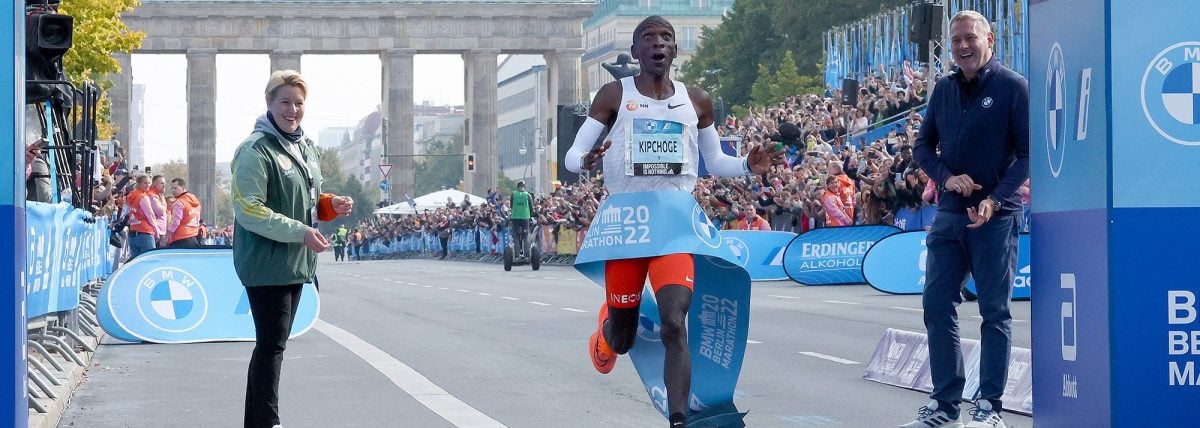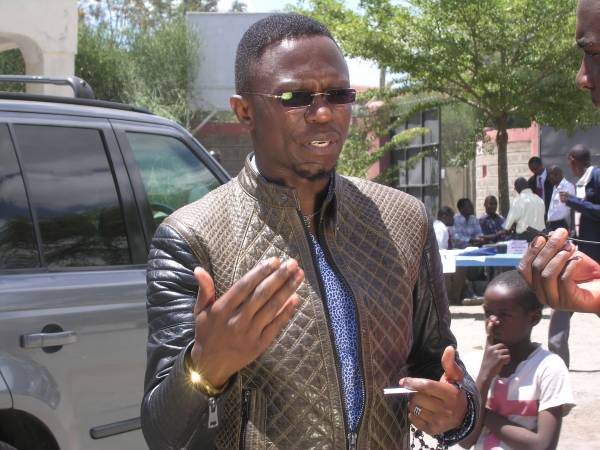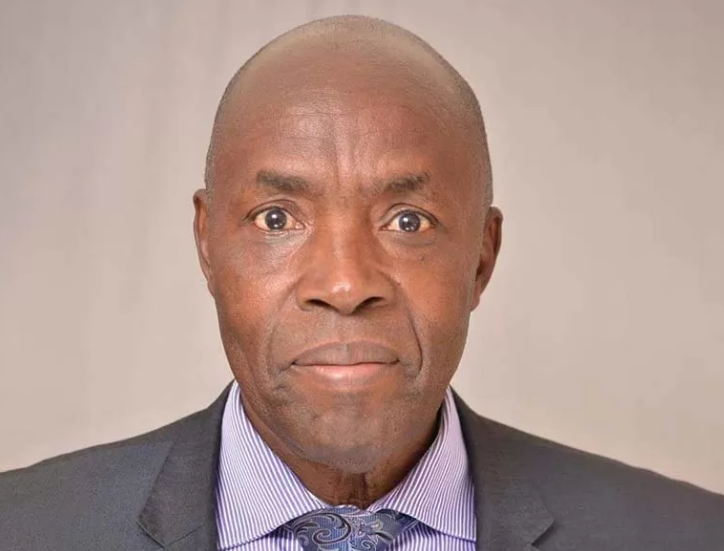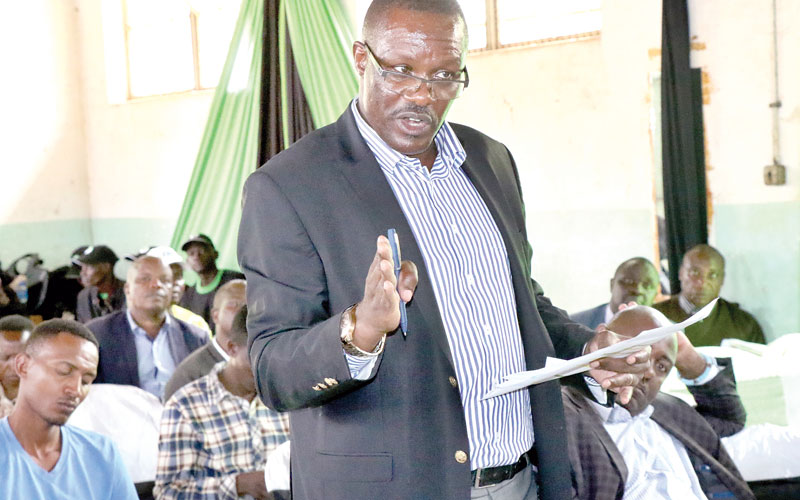Uhuru-Ruto fallout has raised stakes in polls, think-thank says
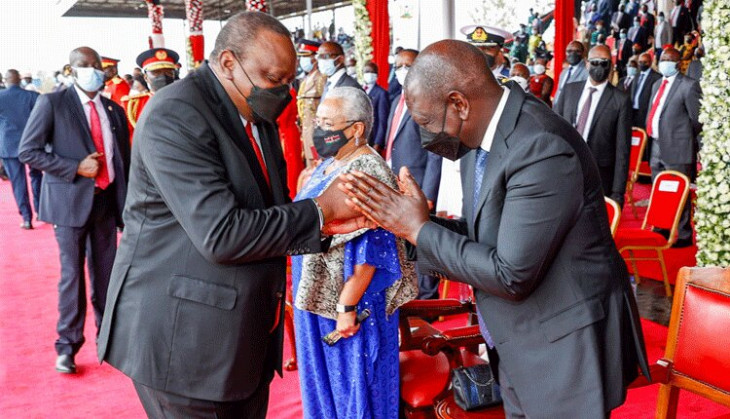
The August 9 General Election is a high-stakes affair fueled by high expectations by the main presidential candidates who have gone all-out to secure victory.
With under two months to the elections, Deputy President William Ruto and Azimio-One Kenya candidate Raila Odinga have engaged the top gear in their campaigns.
One of the two will be declared the country’s fifth President and will succeed incumbent Uhuru Kenyatta who is retiring after serving two terms.
President Kenyatta’s decision to support Raila to succeed him instead of his deputy has been identified by the International Crisis Group (ICG) as one of the main reasons that have raised the stakes in the presidential election.
Stern test
Before the 2017 election, Uhuru had indicated that he would back Ruto to succeed him but has since changed his mind in favour of his rival in the last election.
The ICG, a global think-tank tracking major global events, said the sharp change in political allegiances had made the contest more competitive.
“Ruto is thus pitting his populist, insurgent campaign against a State machinery loyal to Kenyatta and his favoured candidate, Odinga; a scenario that promises to provide a stern test for Kenyan institutions,” ICG says.
The other candidates are George Wajackoyah (Roots Party) and Mwaure Waihiga (Agano Party).
Ruto, who is the United Democratic Alliance candidate picked Mathira MP Rigathi Gachagua as his running mate while Raila chose Narc-Kenya leader Martha Karua for the position.
Security agencies
“Both men command substantial voter bases and the disillusionment in Ruto’s camp – which had expected Kenyatta’s endorsement and was bitterly disappointed not to receive it – coupled with Kenyatta’s anxiety about a Ruto victory, mean that elites see the vote as essential for their political and economic survival,” the report adds.
According to the think-tank, the differences between the President and his deputy could trickle to the security agencies citing recent claims by the Deputy President and his allies.
“The Kenyatta-Ruto rift has contributed to perceptions that the security services may not play a neutral role during the electoral period. On a number of occasions, officials of the United Democratic Alliance (UDA), the party with Ruto on its ticket, have complained that the security forces tried to influence campaigning during the 2021 by-elections in favour of state-backed candidates,” the report said.
Despite the stakes involved, the report says the usual ethnic tensions during polls are not as prominent because of the alliances crafted by the candidates.
“In a welcome development, rather than appealing to ethnic allegiances, Odinga and Ruto appear to be banking on bagging cross-ethnic support – Odinga, by positioning himself as a mellowed father figure who could be a safe pair of hands, and Ruto, by branding himself as a champion of the downtrodden,” ICG says.








